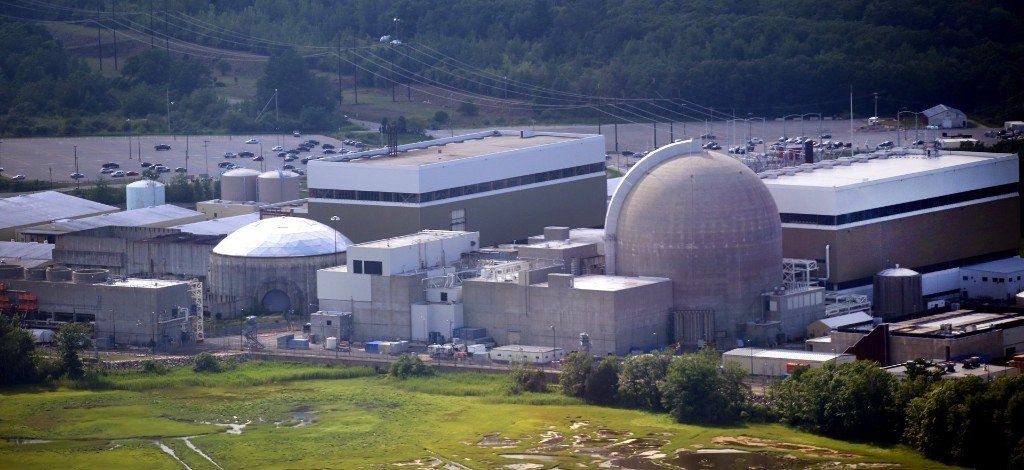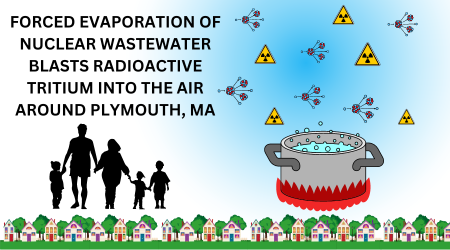On the anniversary of Fukushima, NRC to renew Seabrook license
- By Natalie Hildt Treat
- •
- 11 Mar, 2019
The irony is not lost on safety advocates

It also the day that the U.S. Nuclear Regulatory Commission recently announced it would grant a License Amendment Request to Seabrook Station, in support of the plant's concrete aging management plans. Tomorrow, on March 12, 2019, NRC has said it will grant a 20-year license extension for the plant to be allowed to operate until 2050.
Over the weekend, the office of Massachusetts Attorney General Maura Healey wrote the NRC, urging the Commission "to preclude NRC Staff from acting on NextEra Energy Seabrook’s (NextEra) requests for a license amendment and twenty-year extension of its existing operating license prior to issuance of a final decision in the upcoming adjudicatory hearing before the Atomic Safety and Licensing Board (Licensing Board) on concrete degradation at the plant."
Healey noted that " A decision to act on either request prior to a final adjudication of that matter would constitute an affront to the public interest and undermine public trust in the NRC’s ability to protect public health and safety."
As reported by the Boston Globe on March 6: U.S. Senator Edward J. Markey, a Massachusetts Democrat, said the commission’s decision, made before a planned hearing this summer, “is a subversion of the public input process and is unnecessarily premature.”
“Seabrook’s license will not expire for another 11 years,” said Markey in a statement. “All parties involved can afford to wait and hear out the safety concerns raised by local residents before any amendment or relicensing decisions are made.”
C-10 recently filed an emergency petition with the NRC, asking the commissioners to reverse a finding that Seabrook's concrete aging management plans pose no significant hazards, and for them to suspend the planned decisions on Seabrook's license amendment request and license renewal application until after the full resolution of contentions we will bring before NRC's Atomic Safety and Licensing Board later this year.
“NRC staff has been intent on pushing this through all along,” C-10's Executive Director Natalie Hildt Treat told the Globe. “They’re choosing to disregard C-10’s emergency petition despite its merits, because it doesn’t fit neatly into their regulatory model.”
Patricia Skibbee, president of C-10's Board of Directors, said that the “whole process has been bankrupt, in that the NRC allowed NextEra, the plant’s owner, to hire and pay for its own private consultants.”
Regardless of whether the NRC commissioners choose to intervene, C-10 remains focused on preparing for the hearing on the plant's degraded concrete. We are grateful to the public officials and citizens who have spoken in favor of a cautious approach to regulating Seabrook Station, the first nuclear plant in the nation known to suffer from the irreversible concrete degradation known as "ASR."
Want to support C-10? Please consider making a contribution, right now. Thank you!
Follow us



